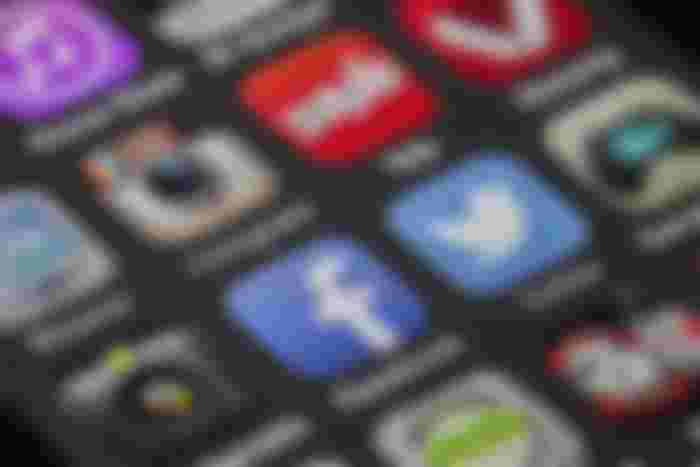The real ones need a cup of seriousness.
Hello guys, this is Thain. For tonight's article, it's a bit different; not sciences and the like. Well, it's actually science but not medical or microbiological related. It's social science, which has included mental health.
So we had a forum earlier and we tend to discuss things regarding mental health and the romanticization of mental illness at this time when the discourse on this matter in the Philippines is already widespread. It is slightly controversial because the prevalence of these theories has led to a number of people, particularly youth, exaggerating their symptoms, encouraging self-harming behaviors, and promoting self-diagnosis.
We have been encouraged to give insights on this topic and yes, the ideas on my mind are battling with each other, but I was able to write some and I'm sharing it now.

Data alone can speak to how the percentage of people being vocal about an issue, whether social or political, has inflated over the years. In Chapter 4 of the book, On Life Manifesto, it is carefully laid out in detail how the internet and modernity have caused the system to shift from the traditional approaches of enlightenment and social criticism, which are exclusive to two people, to a world where a particular matter is being catered to by the majority.
Thus, it has become common for people of this generation to be frequently dubbed as stereotype and barrier breakers. However, as much as we want to give praise to the open-mindedness of most people regarding an issue, some sounds are not just appropriate to be voiced, especially those who glorify the mere existence of a stigma.
In the present century, health has become significant. The difference is that health now doesn't just revolve around the physical for one to be healthy on an optimum scale; other aspects such as mental, social, and spiritual have also been catered to. It has become a norm to care for each aspect when something is wrong, whether a campaign or counseling is made accessible.
The conflict arises when the information available through these campaigns is used as a basis to exaggerate and justify one's illness instead of seeking professional help. And although there are some people who are truly mentally unstable, a portion of the population treats this as another normal thing that can be used in any context.
I'm pretty sure none of you here would tell me "I have never seen on social media such words as I'm depressed right now, I'm having an anxiety attack as of the moment."
Yes, that is because it has already become the norm for these terms to be used interchangeably without consulting the nature of these terms. Although we can't dismiss their emotions, we are aware in the back of our minds that phrases like those have connotations that aren't really associated with seriousness, but rather with attention-seeking and clout-chasing behavior.
And this is just a short one as the words required were limited, but I'm sure to write some of these in the next article. So if you like this, stay tuned so we can discuss and share. Thank you for reading and supporting me as always.

You're right. Some people are clout chasers and the rate of clout chasing is high these days. Some people want others to talk to them they just bring up the idea of posting that they add depressed or so. And some other people will take them serious